Tidligere arrangementer - Side 7
Hva vet vi om de kvinnelige krigerne i vikingtiden? Og hvordan påvirker vår egen tid vår forståelse av kjønnsroller i fortiden?
How to write a high-quality PhD dissertation in history? In small groups, students present and discuss their own PhD writing with peers and faculty. The joint module focus on preventing, managing and, hopefully, breaking the writer's block.
In this talk, professor of cultural studies, Ben Highmore explores the role of playgrounds in equipping the young with skills to face a climate catastrophe. How should we understand the history of playgrounds? What is their relationship to their environments and the environment, and what role could they play in the current climate emergency?
Fredag 3.februar vil det være en hedring av alle 2022-masteroppgaver levert på arkeologi.
Prøveforelesningen er åpen for publikum. NB! Seminarrom 5 PAM, ikke seminarrom 389 som først annonsert.
Prøveforelesningen er åpen for publikum.
Welcome to an exhibition with presentations, installations and performances by students of the Environmental Humanities and Sciences Honours Certificate!
The destruction and pollution of rivers was a precondition for early urbanisation. With this seminar we invite you to explore intersections and tensions that exist between how the historical, cultural and natural sciences approach the restoration of river landscapes.
Register here! Please register by November 28th for physical or digital attendance.
Nick Ford (Lund University) presents Lessons from Oslo - Examining social mobility after the establishment of Norway’s first university
How can quantitative methods allow historians to make sense of the ever-increasing wealth of digitalised sources, both numeric and textual? How can historians use quantitative and computational methods to gain a better overview of their source base, ask new questions, and supplement and enhance close reading?
How should we frame Geoengineering? As a technofix that demands very little in terms of societal change? As a false solution? As the only solution? As our plan B? Or, as Holly Jean Buck suggests, as a relationship: a verb.
ERC CoG 818523 Creative IPR workshop 4
Rome, Norwegian University Center, Wednesday 9-Friday 11 November 2022
In this talk, professor of design history Dr. Kjetil Fallan, explores design interventions at, and in the wake of, the United Nations Conference on the Human Environment in Stockholm 1972. What can design activism tell us about the conference's influence on future political decision-making? Or about the development of environmental thinking and ecologically informed design ideology in Scandinavia?
Christoph Kalter (University of Agder) presents Postcolonial People - The Return from Africa and the Remaking of Portugal
The notion of care is a buzzword in environmental humanities, and probably for a good reason. It is not very present, however, in historical reflection. In this talk, historian of culture Ada Arendt discusses what early modern agencies and relationships of care tell us about more than human entanglements of the early Anthropocene.
Kulturarvsdagen er en dag for dialog og til inspirasjon for alle som studerer og arbeider med kulturarv og kulturminner.
In this talk, Professor of Anthropology, Dr. Lesley Green, will draw on current Anthropocene scholarship in the environmental humanities and social sciences to suggest four approaches to strengthening trans-disciplinarity engagement between social and natural sciences.
This workshop provides an overview of how quantitative and computational methods are used by historians in order to extract patterns from both qualitative and quantitative sources. This is an online workshop.
Many of a forest's vital processes happen beneath the soil, out of sight. However, their are clues to the clandestine collaborations between fungi and plants and animals. In this walkshop, natural historian and environmental photographer Alison Pouliot, takes us deep into the forest to discover its diversity, explore ideas and rethink fungus-forest lives.
Welcome to HEI’s annual International Student Conference!
Velkommen til HEIs internasjonale studentkonferanse fra 19.–21. oktober 2022.
How do we maintain or restore the diverse functions and processes in soil that foster soil resilience and provide a buffer against climate-change induced changes? In this highly interactive and sensory workshop, natural historian and environmental photographer Dr. Alison Pouliot, provide an overview of the vital significance of fungi in soils.
Un-earthed's first reading group session of the fall semester, on the topic of terraforming.
How has our understandings of relations between soil, plants, and fungi have changed over time? In this lecture, professor of anthropology Dr. Michael J. Hathaway will explore the role of fungal mycelium in engaging the soil matrix.
The environment is having a massive impact on music, changing what music is and how it comes to be, not just what it is about or how it sounds. In this lecture, Dr. Kyle Devine, professor of musicology at UiO, presents the nuances in this Great Recomposition, and the importance of overriding our defaults.
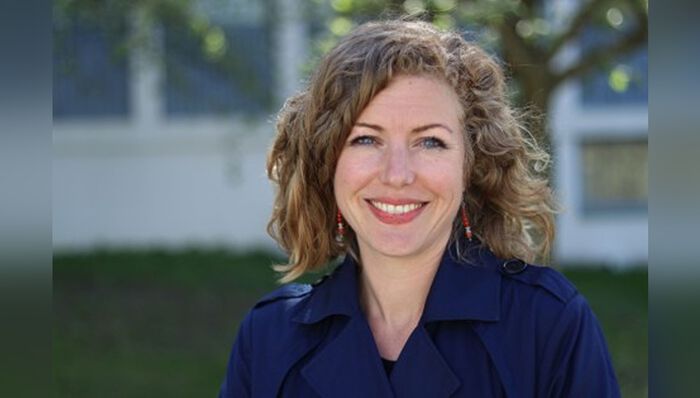
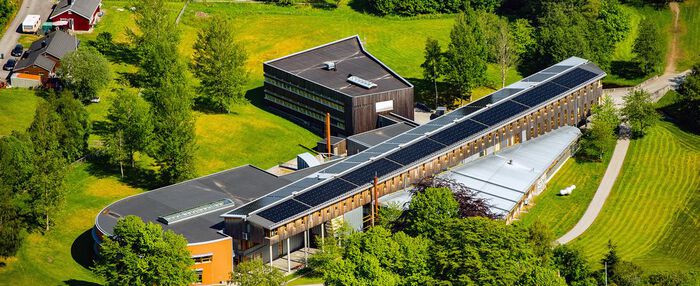
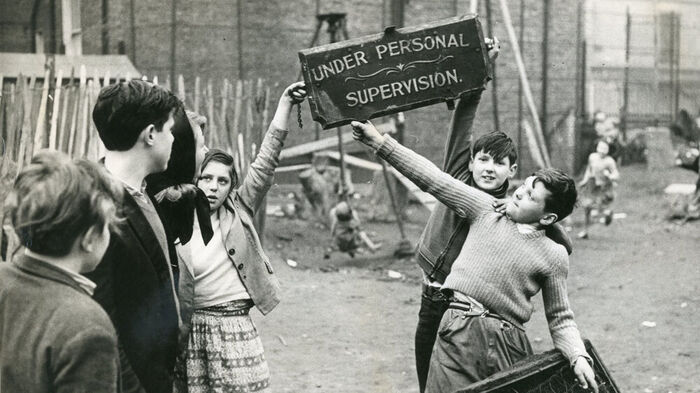

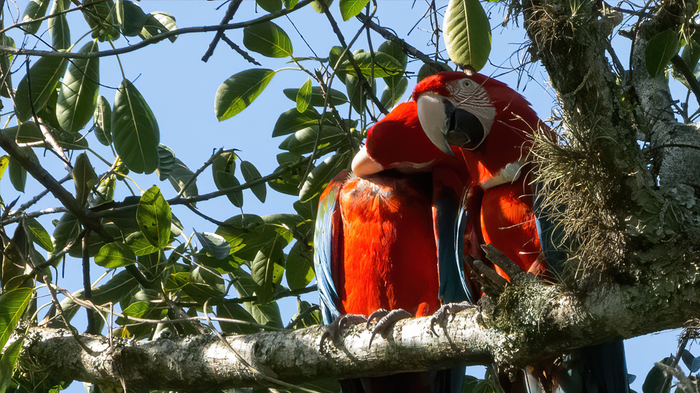
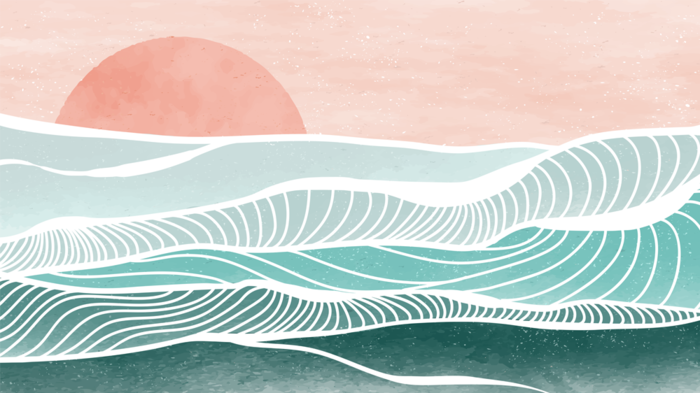
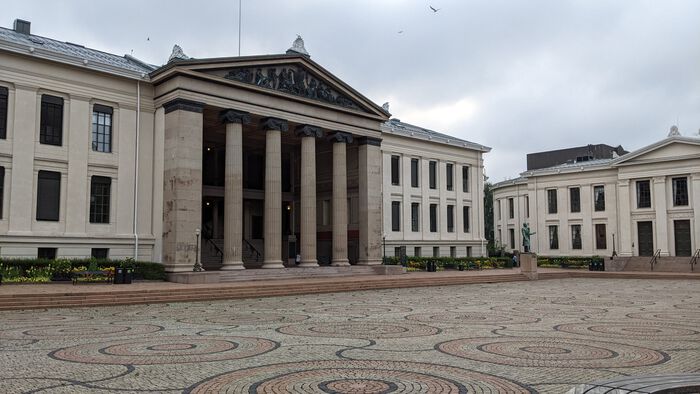

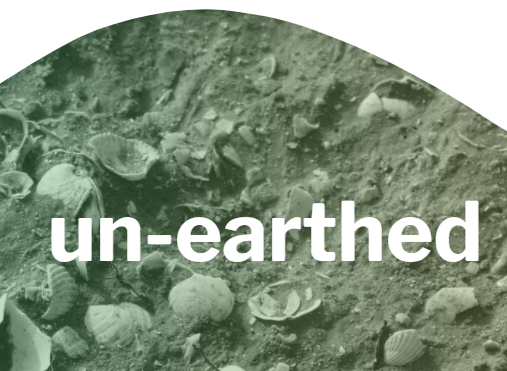

.jpg?alt=listing)
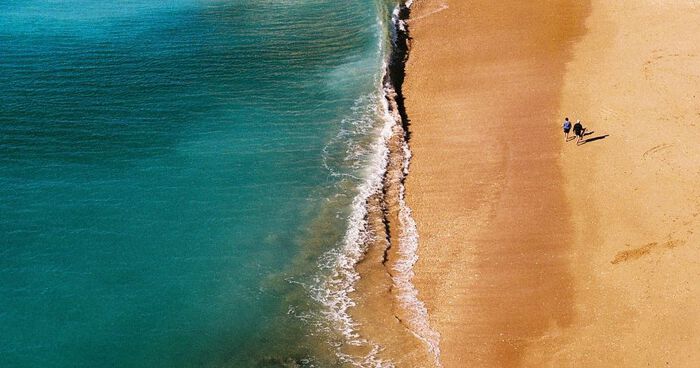
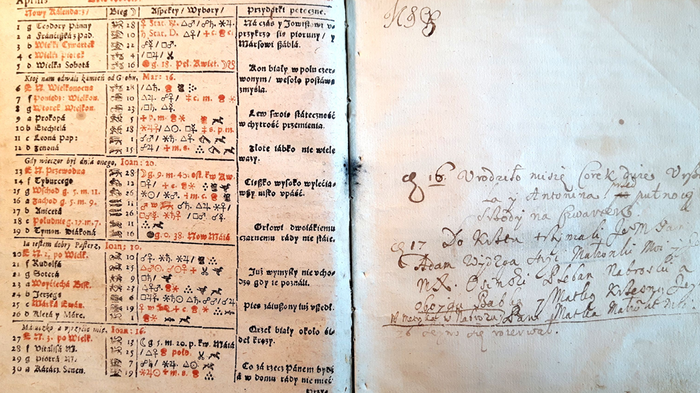
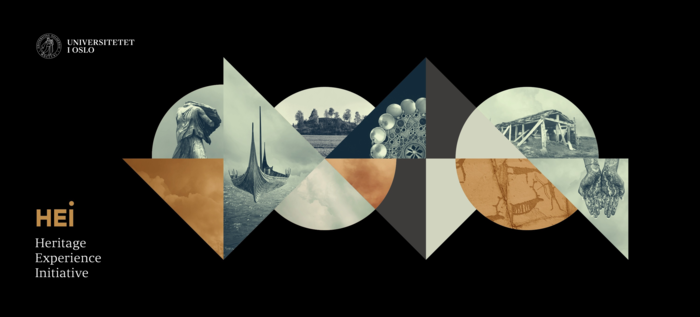
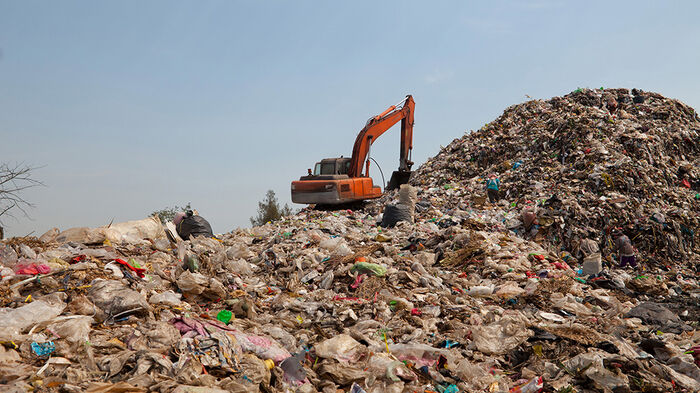

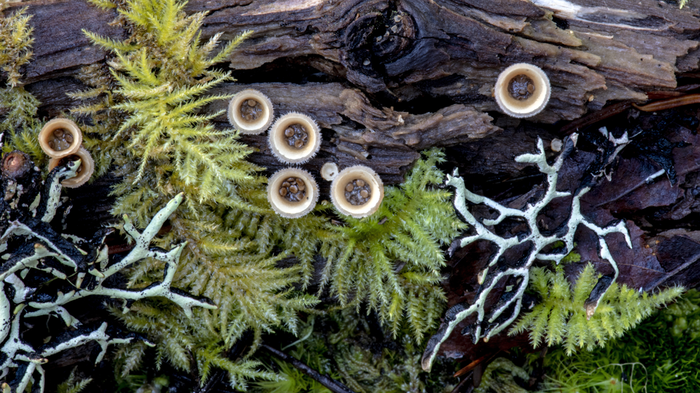
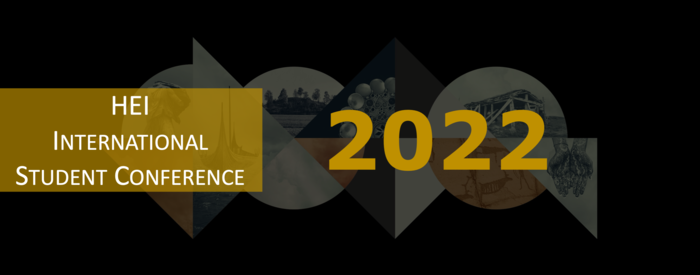


_mycelium_in_petri_dish_on_coffee_grounds-copy.jpg?alt=listing)
